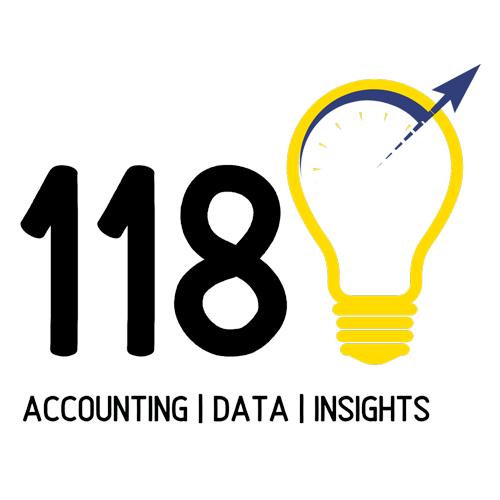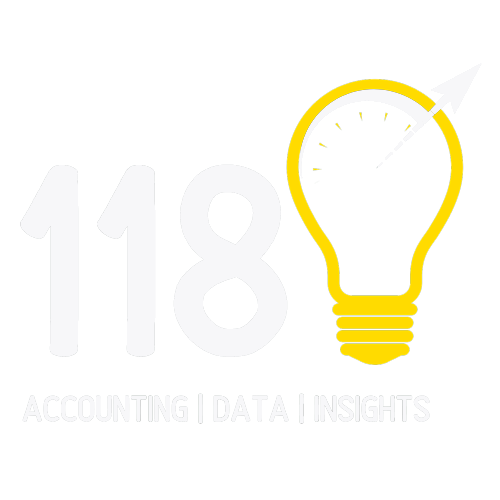TAX PLANNING – WHAT IS IT?
Tax planning starts with a very simple set of key objectives and can vary from person to person.
The primary objective of most people when it comes to tax is peace of mind.
Peace of mind knowing that you are tax compliant.
To be tax compliant means that you are up to date with all your SARS returns and don’t owe SARS any money. The simplest way of proving that is by obtaining a tax compliance certificate. This is a certificate that you or your tax practitioner can generate from your e-filing profile.
Your second objective should be around optimization, and starts with a very simple philosophy, and that philosophy is, that you are paying as little as possible (within the legal frameworks) and as late as possible.
Tax optimization will vary depending on your specific individual circumstances. To give some ideas of the tax planning opportunities available, we have set out some typical personal tax profiles below, and under each profile, we briefly describe the different opportunities available.
Individual – salaried employee – salary income only
As a salaried employee your tax planning opportunities are unfortunately limited, but then so are your obligations to SARS. As a salaried employee, it is your employer’s obligation to deduct tax, also known as PAYE (Pay As You Earn).
Your employer deducts PAYE from your salary monthly and pays this over to SARS on your behalf. These are the main deductions that you could qualify for:
- Pension, Provident and retirement fund contributions – The contributions to pension, provident and retirement annuity funds are deductible but limited to 27,5% of the greater remuneration or taxable income. This really is a must for any taxpayer looking to optimize their deductions.
- Travel allowance – if you travel for business purposes, your employer can include a travel allowance on your package, and you can deduct travel expenses. Maintaining a logbook is the key requirement here;
- Home office – if you work from home on a regular basis and have a home office that is used exclusively by you for the purposes of your work, then you can claim a home office expense.
Individual – salaried employee – plus investment income
If you receive investment income over and above your salary, then generally the responsibility to pay and provide for tax on your investment income will fall on you as an individual. So over and above the factors in the above section, this section will apply to you as well.
The easiest way to facilitate this payment is to register as a provisional taxpayer. Provisional tax payments are made every 6 months as follows:
- The first provisional tax return and payment is made in August of the relevant tax year;
- The second provisional tax return and payment is made in February of the relevant tax year; and
- A final third top-up provisional tax return and payment is made seven months (September) after the end of the relevant tax year;
Individual – owns own business
If you run your own business, then your tax planning generally is covered by the following framework:
- You have far more flexibility with respect to expenses that you can deduct from your income;
- Any expense that you incur in the production of income can be deducted from the income that you generate from your business;
- One of the expenses would be the salary that you as an entrepreneur are able to pay yourself;
- In many instances, the salary that the business owner earns is often dependent on the profit that the business makes, so our advice is to proceed as follows:
- At the beginning of the tax year, try and estimate the profit that your business will make;
- If you estimate that you will be making a profit more than the tax threshold for individuals (currently R83,100 per annum), then it would be wise to either:
- Pay a monthly amount of PAYE during the year, or
- Estimate your profit at the end of every 6 months and pay provisional tax on that estimate;
If you would like to learn more about any of the above tax planning opportunities then contact us at hello@118accounting.co.za

